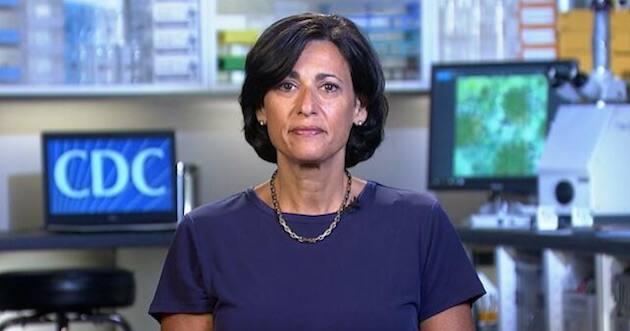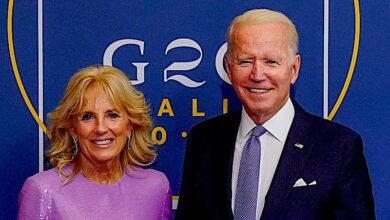Biden administration overrides vaccine advisory panel

President Joe Biden’s political appointment heading the CDC has overridden its vaccine advisory panel on who should receive the booster shot. Early Friday, CDC Director Dr. Rochelle Walensky said people as young as 18 who have certain jobs or living situations may get a COVID-19 vaccine booster.
The decision is drawing attention to the administration’s politicization of the process and accusations that it is not “following the science” in its Covid response.
The new policy means millions of more Americans may receive a booster shot, even though the advisory panel and experts on communicable disease said during a meeting tht there was not enough data to support boosters for younger people.
READ: Vaccine mandate called “dangerous”
Walensky rejected the expert panel’s guidance and will now allow anybody between the ages of 18 and 64 who are at “increased risk for COVID-19 exposure and transmission because of occupational or institutional setting” to get a booster of Pfizer’s COVID-19 vaccine.
The Advisory Committee on Immunization Practices (ACIP) on Thursday voted 9 to 6 to limit it to those over 65 and those at risk from serious underlying issues.
Members voted to approve three sets of recommendations on boosters, including recommending boosters for anybody 65 or older. They said seniors and long-term care facility residents, and people 50 to 64 with underlying medical conditions like cancer, should get a booster. Those 18 to 49 with similar conditions “may” receive a booster, the panel also said.
“I really think this is a solution looking for a problem,” Dr. Jason Goldman, an assistant professor in Florida who was representing the American College of Physicians as a liaison to the panel, added later. He said the recommendation was “far afield from the data.”
Dr. Sarah Long, who works in the Section of Infectious Diseases at St. Christopher’s Hospital for Children, noted that youth are at risk of getting heart inflammation after getting Pfizer’s shot and that the risk-benefit calculus did not seem to support boosters for many young people.
CDC presenters had told members earlier that the side effects from boosters weren’t known yet because very little data exists on third doses of messenger-RNA COVID-19 vaccines like Pfizer’s.
–Wire services








